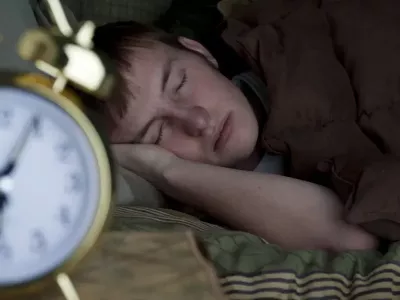Why partners of FIFO workers need family support
Partners of fly-in, fly-out (FIFO) workers are under more emotional stress than other parents and may be more likely to use harsh discipline with their children, new research shows.
The research, published in the Journal of Child and Family Studies, comes from the University of Queensland’s Parenting and Family Support Centre, which is also the research headquarters of the Triple P – Positive Parenting Program.
The study surveyed partners of FIFO workers in Australia, and researcher Dr Cassandra Dittman said they were more depressed, stressed and anxious than parents from the general community.
“When FIFO at-home partners had more emotional problems, they were also more likely to have children with behaviour or emotional problems,” said Dr Dittman.
“The level of emotional difficulties the partner at home was experiencing also affected the relationship quality of the family as a whole.”
The research follows on from Federal and State Government calls for more studies into the impact FIFO work practices have on families.
“I think [this] study suggests more support for these families is sorely needed.’’
The UQ study adds to a number of previous research into the effects of FIFO practices on workers and families.
A 2014 WA study found potential impacts on children include: negative emotions experienced as a result of the FIFO parent's absence; increased levels of behaviour problems (particularly amongst boys) when the parent is away for longer periods; greater experiences of bullying at school; and increased pressure to succeed academically. However, some children view the extended time that a FIFO parent has at home as a positive outcome.
In 2015, an Edith Cowan University report showed FIFO workers in the resources sector suffered depression at more than twice the rate of the general community.
Parents throughout Queensland can now do the Triple P – Positive Parenting Program free of charge. Triple P has been shown in studies over many years to reduce parental stress and to decrease the likelihood of parents using harsh discipline. Parents have also reported improvements in their child's behaviour.

